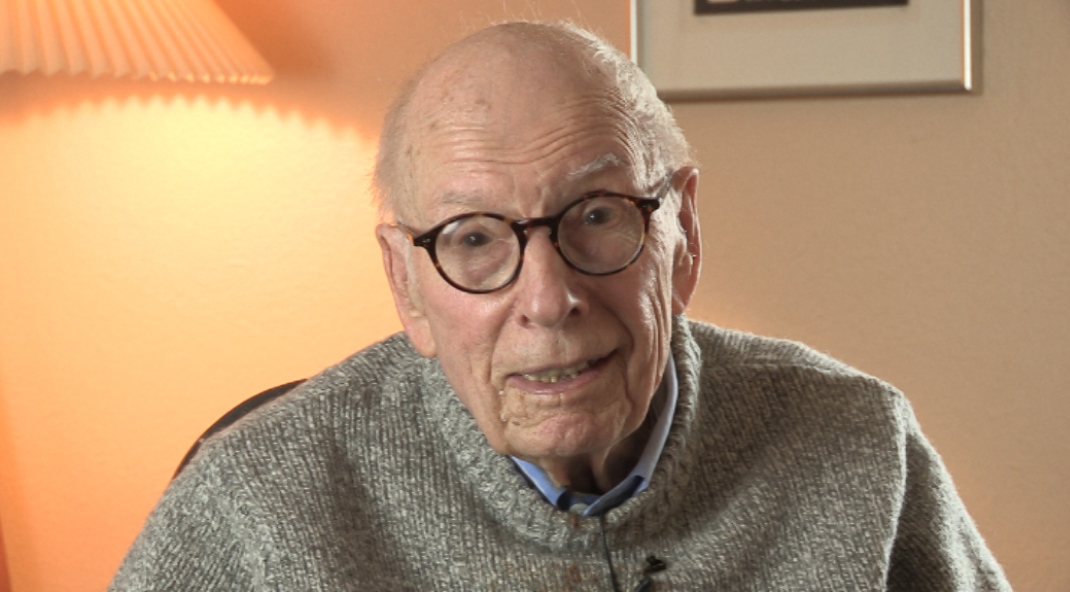NEXT STORY

How slime molds grow
RELATED STORIES

NEXT STORY

How slime molds grow
RELATED STORIES


|
Views | Duration | |
|---|---|---|---|
| 21. My inferiority complex | 175 | 01:28 | |
| 22. The inimitable William H Weston | 77 | 03:33 | |
| 23. A serendipitous discovery | 72 | 02:02 | |
| 24. Upstaged by slime molds | 70 | 02:30 | |
| 25. How slime molds grow | 65 | 03:08 | |
| 26. My eureka moment | 101 | 03:11 | |
| 27. Filming slime mold as it grows | 97 | 03:10 | |
| 28. What makes slime mold grow at right angles? | 57 | 03:29 | |
| 29. Ammonia is it! | 44 | 01:22 | |
| 30. Complemented on my thesis | 1 | 43 | 00:41 |


[Q] And what did you want to know, really?
The answer is a mechanism of development. How is it that this one cell becomes a mass of cells and what different ways can it happen among…? Of course, that wasn't Cap's interest, not Weston's interest. And there just seemed to be infinite possibilities. But I'll tell you a story about this, which comes from when I was a graduate student and I was working on them, and had already done that early film I did which was better than anything else I did. And I was asked as a graduate student to go to Yale to give a seminar so I assumed it would be a small group of cryptogamic botanists and I arrived there and I was absolutely terrified because it was in a big lecture room, with the whole botany department, and the whole zoology department. And so I gave my seminar and I was fascinated afterwards because people really didn't show any interest in my brilliant experiments - they were only interested in hearing about the life cycle of the organism and it was really quite amazing. And after it was all over, I was going up to get a cup of tea and suddenly there was this voice behind me saying, 'Bonner, if I had to start all over again, I'd work with those slime molds'. And this was Ross Harrison who was probably the greatest, I think, embryologist there ever was, and a very modest, kindly sort of person. And anyhow, that was a big moment.
John Tyler Bonner (born in 1920) is an emeritus professor in the Department of Ecology and Evolutionary Biology at Princeton University. He is a pioneer in the use of cellular slime molds to understand evolution and development and is one of the world's leading experts on cellular slime molds. He says that his prime interests are in evolution and development and that he uses the cellular slime molds as a tool to seek an understanding of those twin disciplines. He has written several books on developmental biology and evolution, many scientific papers, and has produced a number of works in biology. He has led the way in making Dictyostelium discoideum a model organism central to examining some of the major questions in experimental biology.
Title: Upstaged by slime molds
Listeners: Christopher Sykes
Christopher Sykes is an independent documentary producer who has made a number of films about science and scientists for BBC TV, Channel Four, and PBS.
Tags: Ross Harrison
Duration: 2 minutes, 30 seconds
Date story recorded: February 2016
Date story went live: 14 September 2016